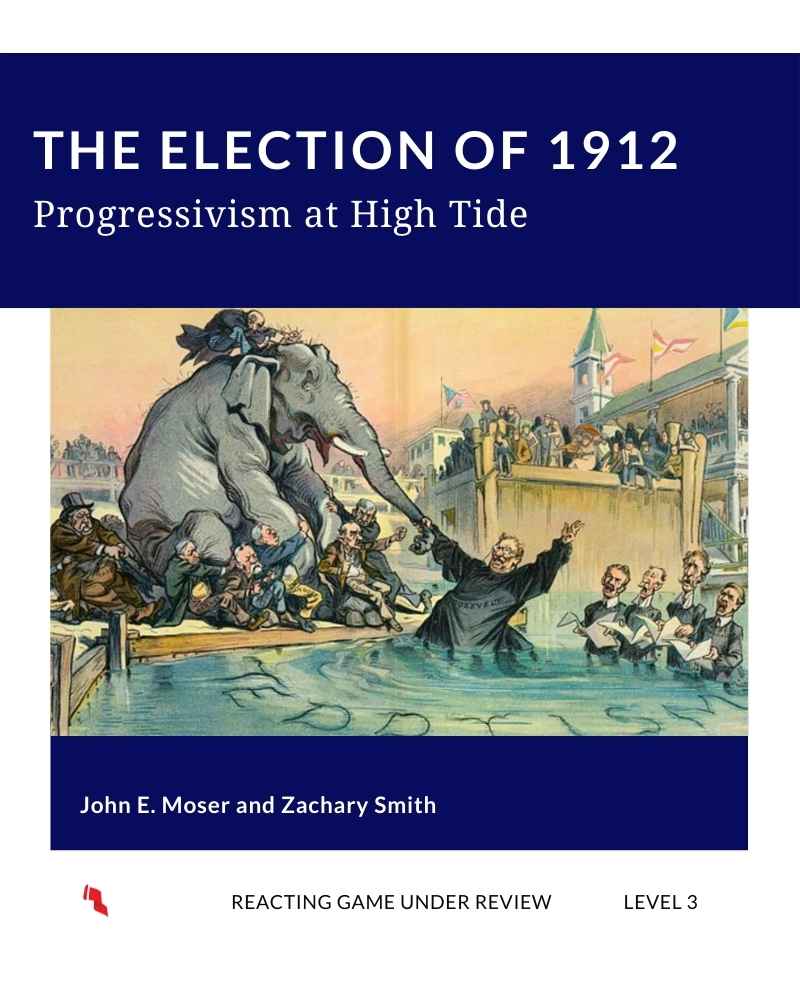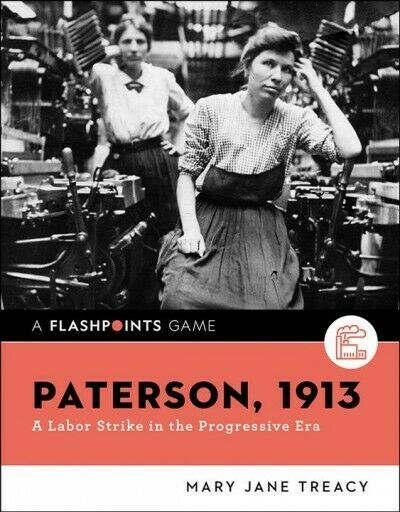 |
The Worlds' Ideas at Play on the Mexican Stage in the early 20th Century Although the game begins in March of 1912, Mexico has been at varying levels of chaos and instability since Francisco I. Madero called for revolution in November 1910. Porfirio Diaz, long-standing president (some say dictator) of Mexico, was forced into exile in May of 1911, and Madero has been in the office of the presidency since November of that year. The country is far from stable, as Madero's ability to rule effectively has been questioned and undermined--by foreigners and Mexicans alike--from the day he took office. Even some who rallied behind his cry of "Effective suffrage, no reelection" have begun to criticize him and question his dedication to his campaign promises, such as land reform. The game is situated just after Pascual Orozco, Madero's one-time ally, has rebelled against him. Amidst the violence and chaos of the Revolution, players will grapple with socio-political ideologies such as Comtian Positivism, Social Darwinism, Agrarianism, Anarchism, Social Catholicism, Feminism, and Liberalism as they make decisions concerning federal versus state government power, land reform, labor reform, suffrage, women's rights, religious reform, foreign investment, and education reform. Throughout the process of negotiating Mexico's future, they must keep the questions of how to establish a national identity (relative to cultural and historic memory) and stabilize the country. |
Details
|
Using the Game
Class Size and Scalability Class Time
|
Reviews "The temporal proximity of the event makes many of the issues immediately identifiable for students, helping them to jump into their characters and argue for positions a bit more comfortably. Additionally, the wide variety of issues help demonstrate the complexity of popular uprisings and government overthrows, especially the challenges faced by successful revolutionaries now faced with creating a new government that cannot possibly appease all participants." |
 GAME MATERIALS
GAME MATERIALS
Confirmed instructors who are not yet members can access basic instructor materials. Reacting Consortium members can access all downloadable materials (including expanded and updated materials) below. You will be asked to sign in before downloading.
Gamebook Students need a Gamebook, which includes directions, resources, and historical content. The Mexico in Revolution Gamebook is published by UNC Press. Paperback ISBN: 978-1-4696-7072-0-2 Published July 2022 Available wherever books are sold. | Role Sheets Students also need a Role Sheet, which contains biographical information, role-specific resources or assignments, and their character's secret victory objectives. .zip file with .pdfs Printable .docx file | Instructor's Manual The Instructor's Manual includes guidance for assigning roles, presenting historical context, assignments, activities and discussion topics, and more. .zip file with .pdfs |
Jonathan Truitt
Jonathan Truitt is Professor of Latin American History and Chair of the Center for Learning through Games and Simulations at Central Michigan University. He is the author of Sustaining the Divine in Mexico Tenochtitlan: Nahuas and Catholicism, 1523–1700 and co-editor of Native Wills from the Colonial Americas: Dead Giveaways in a New World. His research interests focus on the religious interactions of Nahuas and Spaniards in Colonial Mexico City and the use of games as a pedagogical tool, in the past and the present. At Central Michigan University he teaches courses on Latin American history, world history, and game design. |
Stephany Slaughter
Stephany Slaughter is an associate professor of Spanish and chair of the World Languages and Cultures Department at Alma College, where she teaches courses related to language, literature, and culture of Latin America. After earning a PhD at Ohio State University, she pursues research in gender studies; cultural studies; Latin American (especially Mexican) film, theater, performance; borders and immigration; and representations of the Mexican Revolution. In 2010 she won an Emmy for her work as a field producer on the Oscar-nominated and Emmy Award–winning documentary Which Way Home (directed by Rebecca Cammisa, 2009), an experience that has inspired her more recent work focusing on immigration, as well as other film projects. |
Members can contact game authors directly if they have questions about using the game. We also invite instructors join our Facebook Faculty Lounge, where you'll find a wonderful community eager to help and answer questions.
|
|
|



